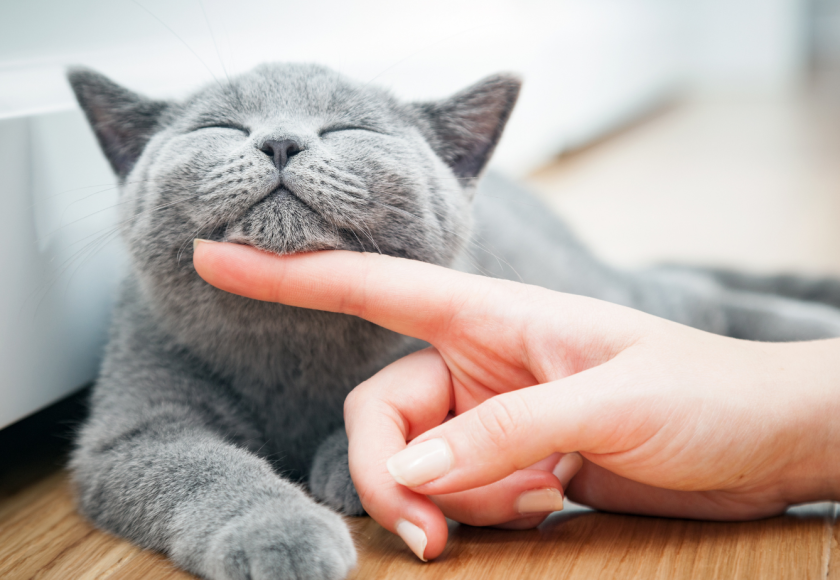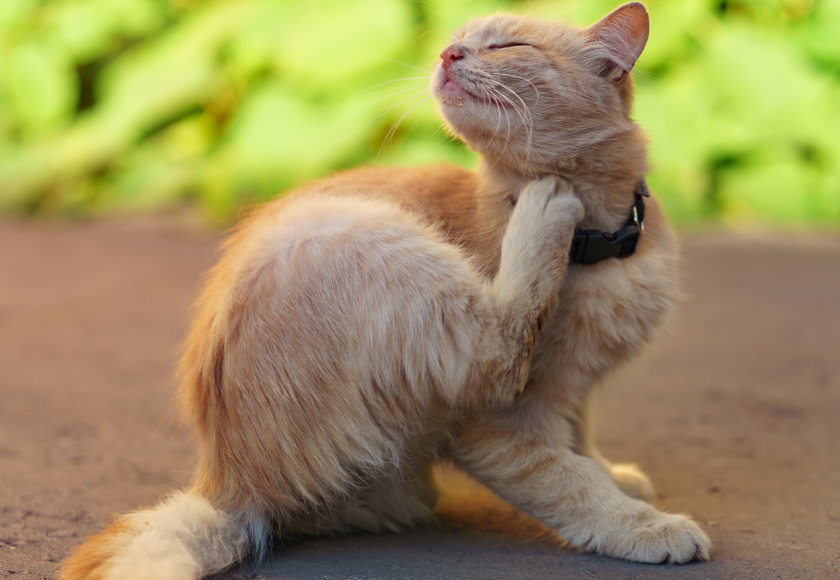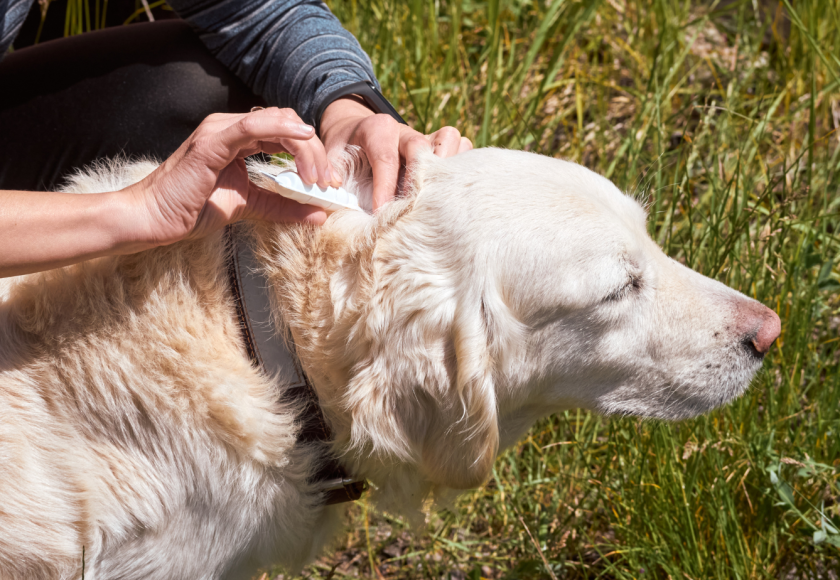Feline urolithiasis (urolithiasis) is a fairly common urinary tract disease in which stones (uroliths) form in the bladder or urinary tract of cats.
These stones can cause pain, difficulty urinating, and dangerous complications such as urinary tract obstruction, especially in males. In this article, we will discuss everything about feline urolithiasis, from diet to medication.
Table of contents
Types of feline urolithiasis
Several types of uroliths commonly form in the urinary tract of cats:
- Struvite stones. These are the most common stones, consisting of magnesium ammonium phosphate. They usually form in an alkaline urine environment.
- Calcium oxalate stones. These stones usually form in an acidic urine environment.
- Urate stones. These are less common stones that can form due to liver disease or a genetic predisposition in certain breeds.
- Cystine and xanthine stones. These are very rare and are associated with metabolic disorders.
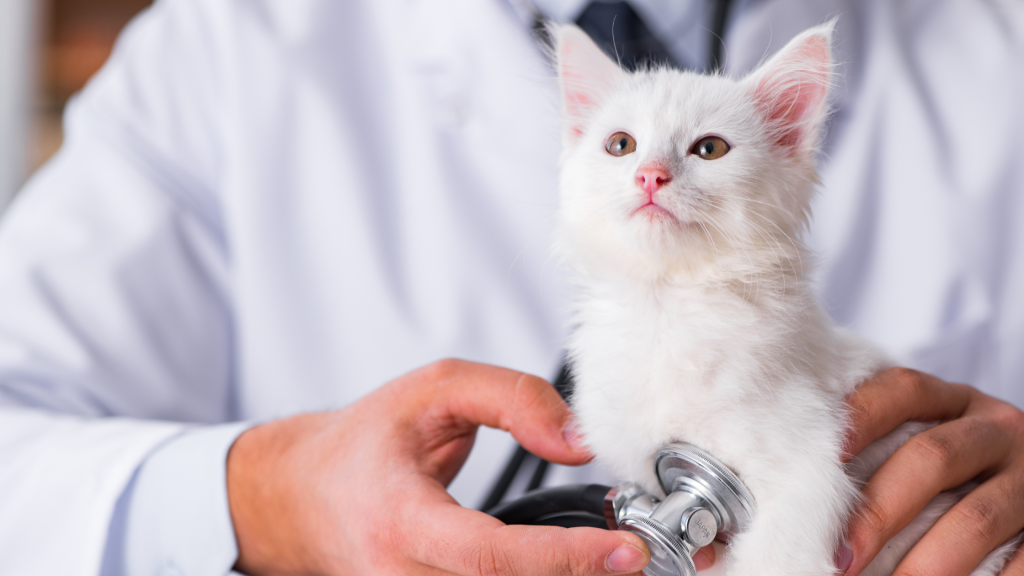
Symptoms of feline urolithiasis
Urinary tract stones in cats can cause a variety of symptoms, depending on the size and location of the stones and whether they block the urinary tract:
- Painful and frequent urination. The cat may go to the litter box frequently but only pass small amounts of urine.
- Urinary incontinence. The cat may start urinating in inappropriate places.
- The cat urinates blood (hematuria). The urine may be pink or dark.
- Difficulty urinating. If stones block the urinary tract, the cat may try to urinate but be unable to do so. This is a medical emergency.
- Lethargy and loss of appetite. The cat may feel unwell, eat little, or even vomit.
If you notice that your cat has any of these symptoms, it is important to contact your veterinary clinic as soon as possible.
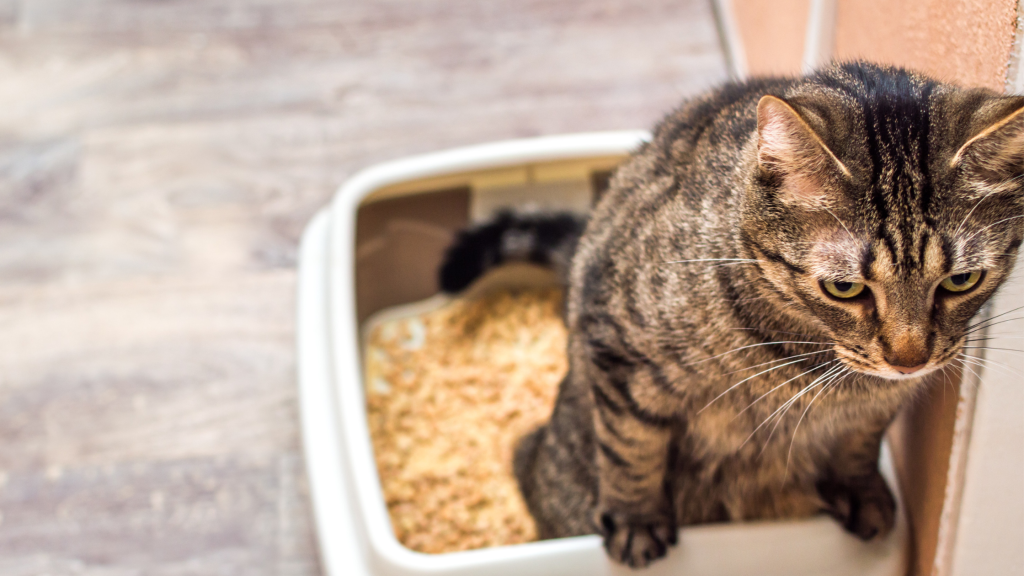
What are the causes of feline urolithiasis?
Kačių šlapimo takų akmenligės priežastys gali būti įvairios:
- Diet. An inappropriate or unbalanced cat diet (too much magnesium, calcium, phosphates, and other minerals) can promote the formation of uroliths.
- Low water intake. When cats drink too little water, their urine becomes concentrated, which promotes the formation of crystals and uroliths.
- Urine pH imbalance. Excessive urine acidity or alkalinity contributes to the formation of different types of stones. Urine pH can change due to an unbalanced diet, infections, etc.
- Urinary tract infections. Bacteria can cause inflammation of the bladder (cystitis), which can lead to the formation of uroliths.
- Genetics. Some cat breeds, such as Persians and British Shorthairs, are prone to this disease.
- Obesity and low physical activity. These can also be contributing factors.
In Vilnius, you can visit the Begemotas veterinary clinic, where experienced specialists will take care of your pet’s health. Timely treatment will help avoid dangerous complications and ensure your cat’s well-being.
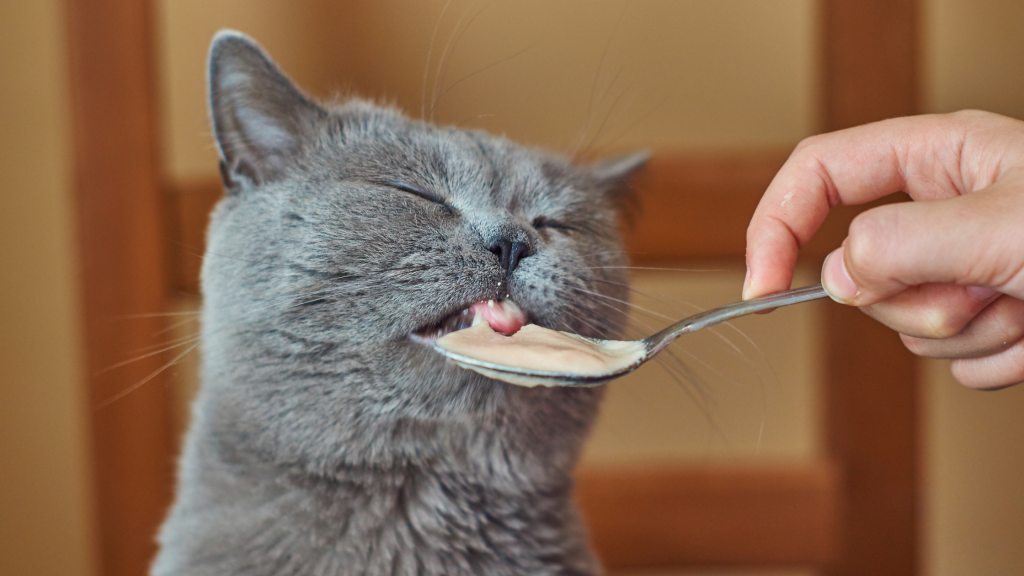
What are the treatment options for feline urolithiasis?
Treatment depends on the type and size of the stones and the cat’s health:
1. Medication. Some types of stones, such as struvite stones, can be dissolved with special medications and diets that regulate urine pH. Medications can help reduce pain and inflammation (e.g., nonsteroidal anti-inflammatory drugs).
2. Catheterization. If the urinary tract is blocked, your veterinarian may perform catheterization to remove excess urine and restore urine flow.
3. Surgery. When stones are too large or medication does not help, surgical intervention (cystotomy) may be necessary to remove the stones.
4. Urethrostomy. If a cat suffers from recurrent urinary tract blockages, a urethrostomy may be necessary to create a new opening for the urinary tract.
The veterinarian selects a treatment plan for each case, taking into account the individual condition of the cat, the course of the disease, and the type of stones.
After determining the cause of the problem and performing the necessary tests, the specialist may prescribe medication, catheterization, or even surgery if the stones are large or cause urinary tract obstruction.
The doctor will also recommend a special diet to help prevent recurrence of the disease. In this way, the treatment plan is tailored to each cat individually to ensure the best results and the animal’s recovery.
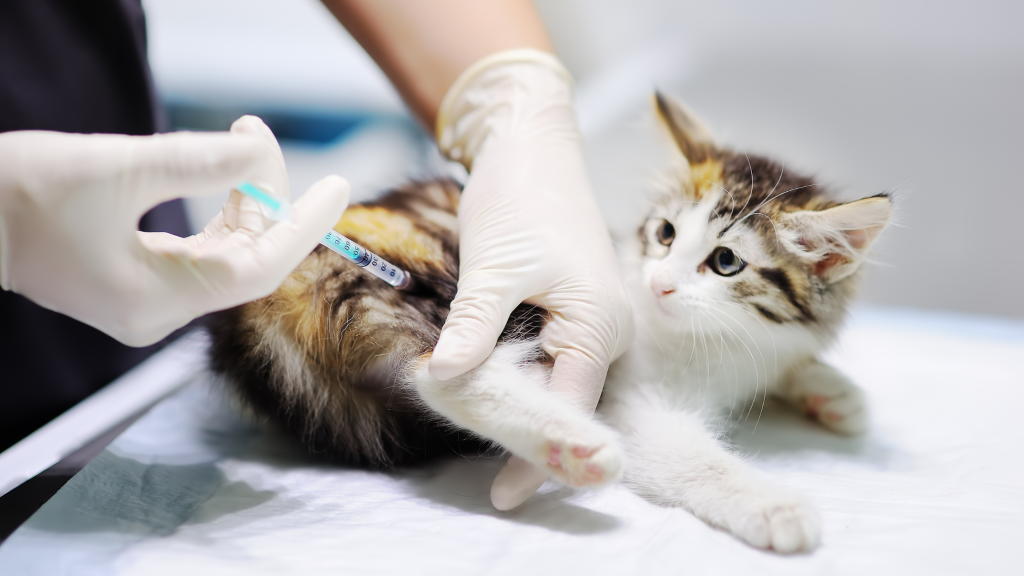
Medicine for cats with kidney stones
Medication for kidney stones in cats is prescribed only by a veterinarian, who assesses the animal’s condition and tailors the treatment to the individual situation.
Based on the test results and the types of stones found, the veterinarian will select the appropriate medication, such as drugs that can help dissolve the stones or regulate the pH of the urine.
Since improper use of medication can be harmful, only a veterinary specialist can safely and effectively determine the appropriate treatment plan for your pet.
Various medications can be used to treat urinary tract stones:
- Antibiotics. If there is a bacterial urinary tract infection.
- Nonsteroidal anti-inflammatory drugs (NSAIDs). To reduce pain and suppress inflammation.
- Medications to dissolve stones. For example, struvite stones can be dissolved using drugs that alter the pH of urine (e.g., drugs that acidify urine).
- Muscle relaxants. Sometimes used to reduce spasms in the bladder.
Food for cats with kidney stones. Special feed
In cases of feline urinary tract stones, diet plays a particularly important role in both treating the disease and preventing its recurrence.
Some special foods help control urine pH and mineral content and encourage increased water consumption.
- Food for cats with struvite stones
- Foods that lower urine pH (acidify urine), such as Hill’s Prescription Diet c/d. These foods limit the amount of magnesium, phosphate, and other minerals that promote struvite formation.
- Food for cats with calcium oxalate stones
- Foods that keep urine slightly more alkaline and help reduce the formation of calcium oxalate crystals, such as Hill’s Prescription Diet k/d. These foods are lower in oxalates and also limit calcium content.
- Food for cats with stones should increase water intake
- Wet canned food is very beneficial as it helps increase fluid intake, making urine less concentrated. Some cat breeds tend to drink less, so this is an essential part of their diet.
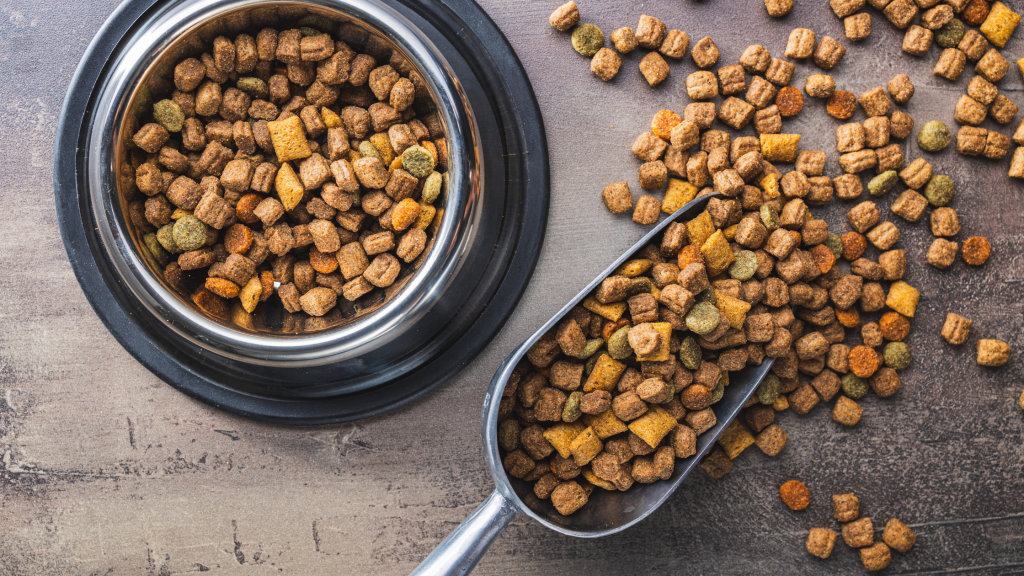
How to reduce the risk of kidney stones? Prevention methods
To reduce the risk of urinary stones in cats, it is important to ensure:
- Proper nutrition. Use balanced food that is low in minerals.
- High fluid intake. Cats need to drink plenty of water, so encourage them to drink by using water fountains or wet food, for example.
- Regular check-ups with your veterinarian. Especially if your cat is prone to urinary tract problems.
Urinary tract stones in cats are a serious condition that requires proper care and treatment to avoid complications.
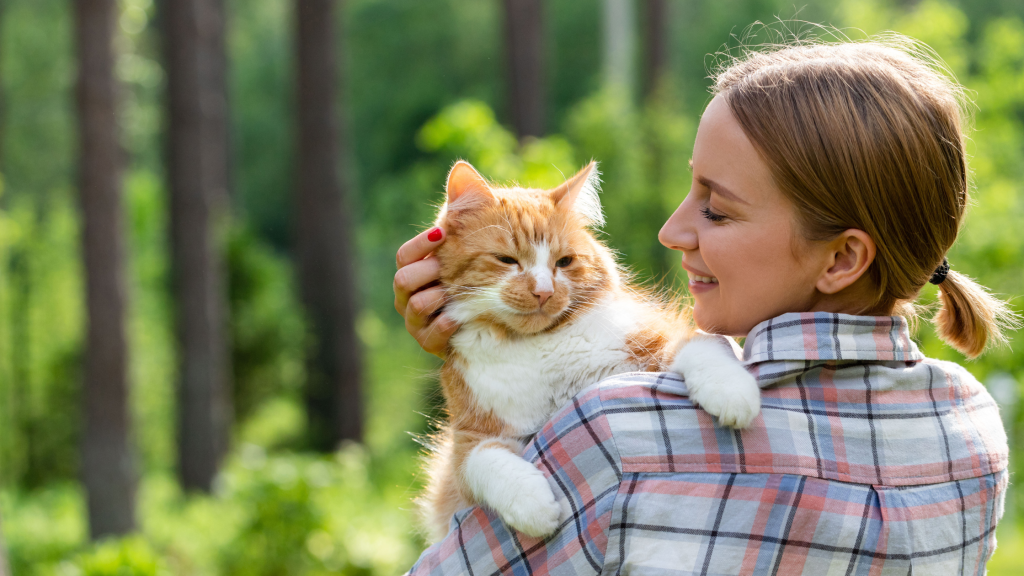
When to contact a veterinary clinic?
Urinary tract stones in cats are a complex condition that can only be accurately diagnosed and properly treated at a veterinary clinic.
A veterinarian will perform the necessary tests, such as urine analysis, X-rays, or ultrasound, to determine the type of stones and their location.
Treatment also depends on the decisions of the veterinary specialist – from prescribing medication to surgery or special diets.
If you notice your cat has urination problems, it is recommended that you do not delay and make an appointment at the Begemotas veterinary clinic, where specialists will provide all the necessary help for your pet. Early treatment can help prevent serious complications and ensure your cat’s health!



